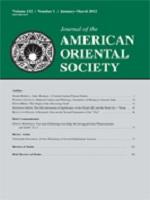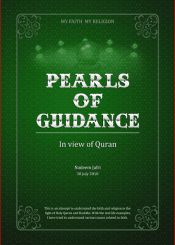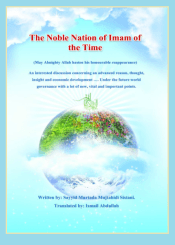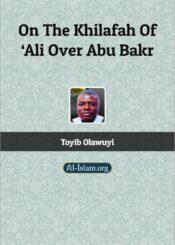From Bidʿa to Sunna: The Wilāya of ʿAlī in the Shīʿī Adhān

From Bidʿa to Sunna: The Wilāya of ʿAlī in the Shīʿī Adhān
Author :
Publisher :
Number of volumes :
1
Publish number :
first
Publication year :
2008
(0 Votes)

(0 Votes)
From Bidʿa to Sunna: The Wilāya of ʿAlī in the Shīʿī Adhān
What does it mean when faith proclaims leadership in its very call to prayer? The phrase affirming Imam ʿAlī’s (ʿa) wilāya—his divinely guided authority—within the adhān (Islamic call to prayer) has long been a distinctive feature of Twelver Shīʿī practice. This study explores how a once-contested phrase transformed from bidʿa (innovation in religion) into sunna (recognized tradition), shaping theology, law, and communal identity.
About the Book
This article by Liyakat A. Takim was first published in Islamic Law and Society (2005) and later circulated in collected form. It examines how affirming ʿAlī’s (ʿa) wilāya within the adhān moved through stages of scholarly debate—initially challenged by some jurists, then gradually accepted as part of Shīʿī devotional life. The work draws upon Qurʾānic exegesis (tafsir, commentary on Qurʾānic verses), prophetic traditions (hadith, reports attributed to the Prophet), and juristic reasoning to trace the evolution of this liturgical addition. It shows how law, theology, and spirituality intersect in ritual practice.
What You Will Discover
- The historical development of the adhān in early Islam.
- Qurʾānic exegesis and prophetic traditions used to support the inclusion of ʿAlī’s (ʿa) wilāya.
- Legal and rhetorical arguments for and against the phrase.
- How Shīʿī jurists gradually recognized the formula as an expression of faith and identity.
- Broader implications of the adhān as both worship and communal declaration of allegiance.
About the Author
Liyakat A. Takim is Professor of Islamic Studies at McMaster University (Canada), specializing in Shīʿī theology, authority, and ritual practice. He has published widely on Shīʿism in both its classical heritage and modern diaspora contexts, with particular attention to law, devotion, and identity.
Who Is This Book For?
This study is for researchers of Islamic ritual practice, students of Shīʿī theology and law, and readers interested in how doctrines of wilāya became embedded in acts of communal worship. It also benefits those studying how debates over bidʿa and sunna reflect deeper questions of authority and legitimacy in Islam.






